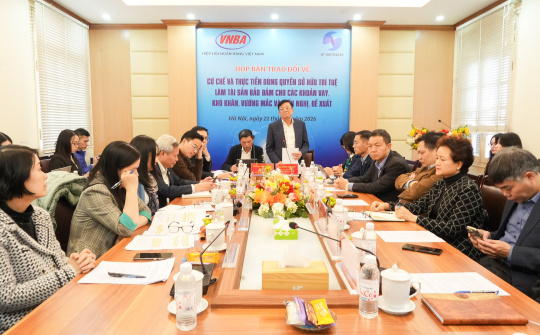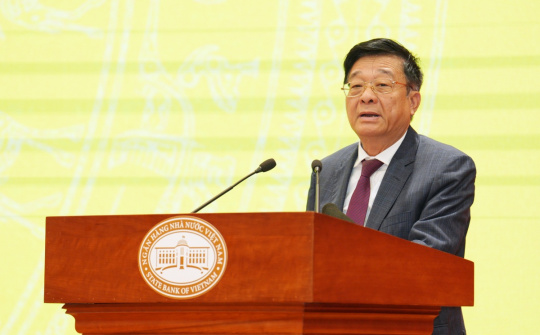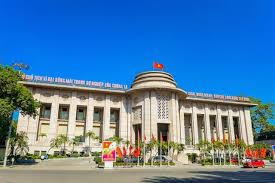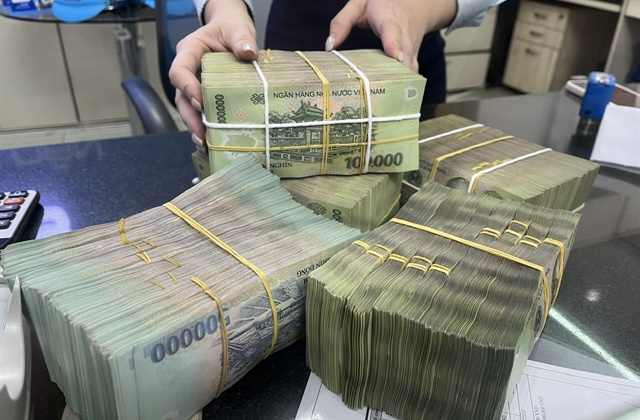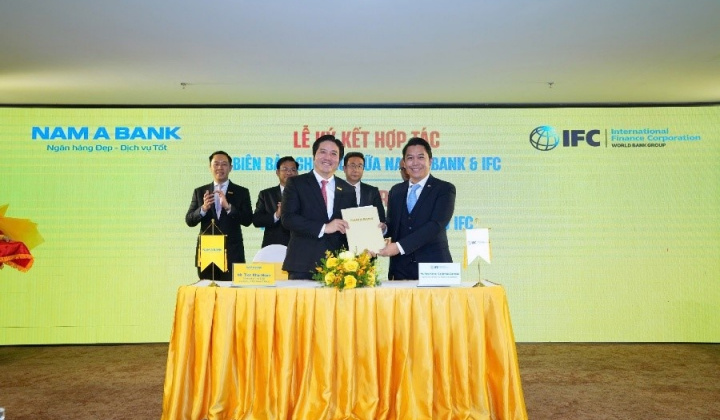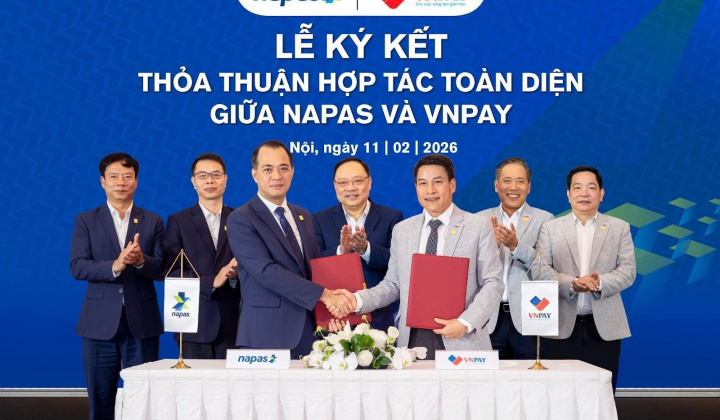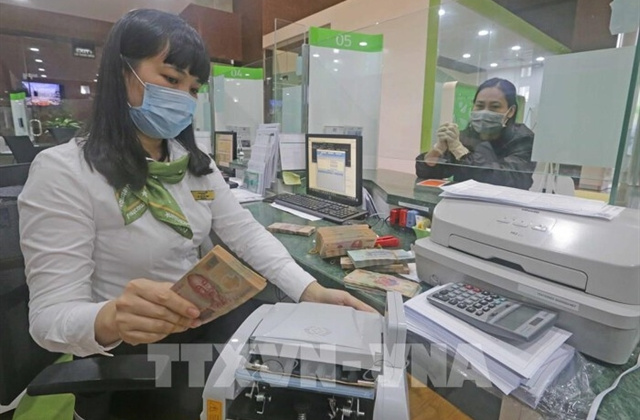Attending the workshop were Dr. Nguyen Quoc Hung - Vice President and General Secretary of Vietnam Banks Association (VNBA); Mr. Nguyen Thanh Son - Director of Training Center (VNBA); Ms. Nguyen Thi Minh Tho - Anti-Money Laundering Department (State Bank of Vietnam); Mr. Sanjay Dhawan - CEO of Symphony AI Group; Mr. Tuck Chan - CEO of Lucid Groupe; Mr. Craig Robertson - Financial Crime Prevention Expert - APAC; Ms. Ngo To Anh - CEO of Lucid Groupe; Representative of KPMG Vietnam.

Dr. Nguyen Quoc Hung, VNBA Vice-Chairman cum Secretary General
Speaking at the workshop, Dr. Nguyen Quoc Hung - Vice Chairman and General Secretary of the Vietnam Banks Association said that this is the second time VNBA has coordinated with Lucid to organize the workshop. The content of financial crimes is of interest to credit institutions (CIs) in Vietnam, especially the management boards of banks. Currently, in the context of the Law on Anti-Money Laundering passed by the National Assembly in 2022, along with the Government's Decrees and Circulars of the State Bank related to the implementation of anti-money laundering is taking place vigorously. Therefore, Vietnam has been recognized by the Asia-Pacific Group on Anti-Money Laundering (APG) for its positive changes in the legal framework on anti-money laundering.
Recently, commercial banks (CBs) have promoted digital transformation to improve application experience, create utilities and conveniences, and bring better services to customers. However, along with that is the increasing situation of financial crimes/money laundering crimes, especially in the banking sector, leading to the risk of credit institutions being exploited. He highly appreciated the content of the conference on applying artificial intelligence (AI) in anti-money laundering, which is a new field.
Dr. Nguyen Quoc Hung added that through discussions with Banking Associations in the ASEAN and Asia regions as well as Hong Kong (China), it can be seen that the speed of digital transformation development in Vietnam is extremely fast. Therefore, the deployment of experience applications for customers of credit institutions is very necessary, especially when Decision 2345/2023/QD-NHNN on implementing safety and security solutions in online payments and bank card payments (Decision 2345) takes effect from July 1, 2024 and the implementation of the Law on Electronic Transactions, which stipulates that money transfers from 10 million VND must be biometrically authenticated. This may affect the customer experience but greatly limits the potential risks in electronic transactions. Therefore, the urgency of anti-money laundering and financial crime prevention is always a top priority for the State Bank and credit institutions.
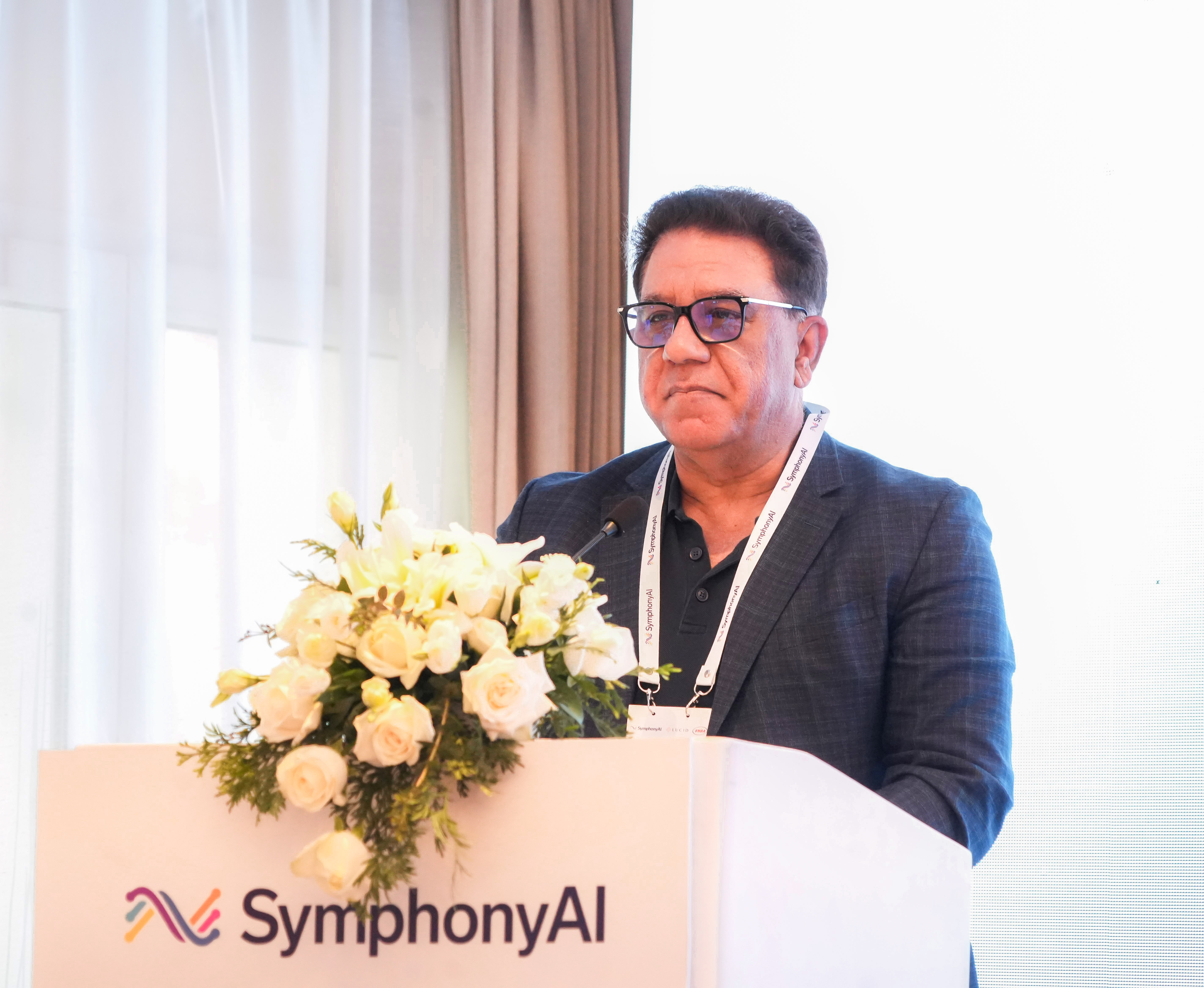
Mr. Sanjay Dhawan, AI Symphony Managing Director
At the workshop, Mr. Sanjay Dhawan - CEO of Symphony AI Group said that Symphony AI is a global corporation focusing on AI, enhancement and backup, creating high artificial values. The group has over 25 years of experience in the banking and finance sector, operating artificial intelligence to prevent financial crimes. He assessed the important role of commercial banks promoting digital transformation to bring better services to customers. However, in the context of the newly issued law, there will be new requirements on anti-money laundering as well as reports that need to be tightened, requiring the monitoring system to be improved. Applying AI combined with humans can develop the system at scale, solve the gaps in the system, cost-effectively and can spread to many industries. At the same time, credit institutions need to build a strong enough system to prevent money laundering crimes nationwide, accelerate AI in the direction of minimizing risks, increasing resources, optimizing for the industry, integrating AI in preventing money laundering crimes, identifying threats, in order to provide maximum support to customers.

Ms. Nguyễn Thị Minh Thơ - SBV Anti-money laundering dept
Sharing at the workshop, Ms. Nguyen Thi Minh Tho (Anti-Money Laundering Department - State Bank of Vietnam) assessed that preventing financial crimes is a difficult issue because financial crimes always come first. Legal regulations are compiled from situations that occur in reality, this is a big challenge for units as well as management agencies.
Ms. Tho said that the methods and tricks of money laundering by industry and product include: Banking, payment intermediary, life insurance, securities, gambling business, real estate business, accounting, lawyers, notaries, etc. Accordingly, the source crimes of money laundering include: Fraudulent appropriation of property, illegal drug trafficking, embezzlement, bribery, abuse of position and power to appropriate property, tax evasion, human trafficking, smuggling, illegal transportation of goods and currency across borders, gambling, gambling organization, etc.
In addition, the trends in money laundering crime models in recent years include: Money laundering, terrorist financing related to virtual assets, money laundering and terrorist financing related to high-risk source crimes such as human trafficking, tax evasion, fraud, environment, etc., issues related to the proliferation of weapons of mass destruction, etc.
Also at the workshop, experts and representatives of credit institutions had an active discussion session, exchanging on the topics: Steps to apply AI in financial crime prevention; Transformation in financial crime prevention; Trends in money laundering crimes, legal regulations and requirements of authorities, transaction monitoring features that can be deployed on platforms...



